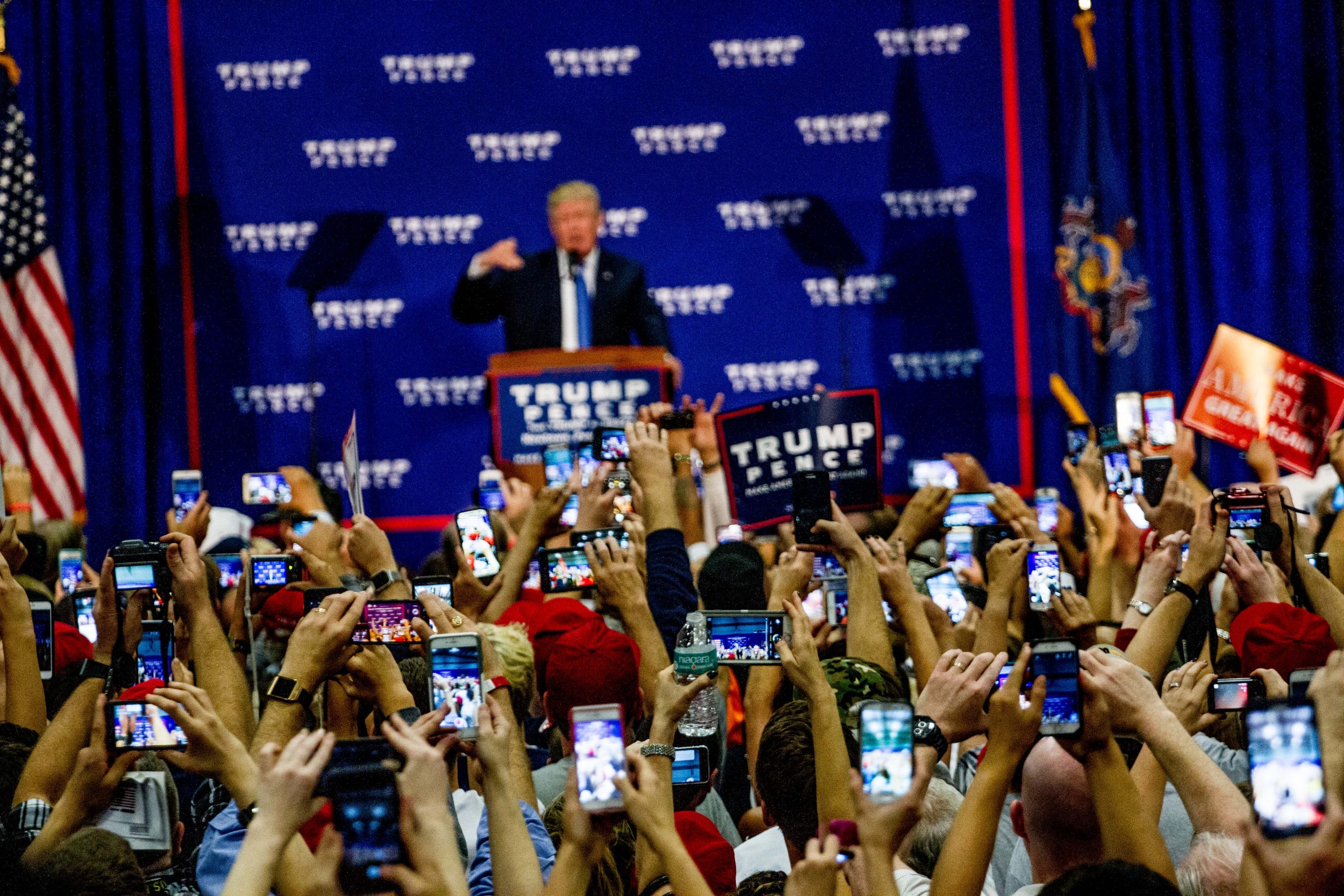
Presidential candidate Donald Trump speaks before a rally in Pennsylvania. “Donald Trump Rally 10/21/16” by Michael Candelori is licensed under CC BY 2.0
Many people feel that politicians in power don’t represent them. For instance, in 2016, US presidential candidate Donald Trump vowed to “drain the swamp” of elite corruption if he won the election. This appealed to many populist voters, who generally feel that society is ruled by a corrupt elite who don’t represent the people. But what happens when a politician who based their campaign on this populist sentiment gets elected?
In a recent study, Yuchen Luo examined how people’s populist views changed after the election of Donald Trump to the US presidency. She did this by comparing survey results from 2016 and 2020. Perhaps not surprisingly, she found that Trump supporters were less likely to hold populist views after he was president than before.The surveys asked people how much they agreed with various populist statements, such as “The system is stacked against people like me” and “The American people should have more control over politics.” People were also asked whether they thought certain powerful groups help or harm society, including Hollywood, business leaders, academics, and journalists.
Luo found that populist attitudes among Trump supporters declined from 2016 to 2020. The more someone approved of Trump, in fact, the more likely it was that their populist views decreased. Luo argues that these changes in Trump supporters’ populist attitudes were driven by their feeling that Trump represented them. In the past, these people disliked the societal elite, but once someone they supported was elected president, some of these views changed. These populists became less populist.
Unlike other populist attitudes, however, the views of Trump supporters about elite groups largely did not change. The one exception to this trend was their views of business leaders. Republicans who voted for Trump in the 2016 primary were more likely to have positive views of business leaders in 2020 than in 2016. Luo speculates that this could be because Trump himself is a businessman.

Comments